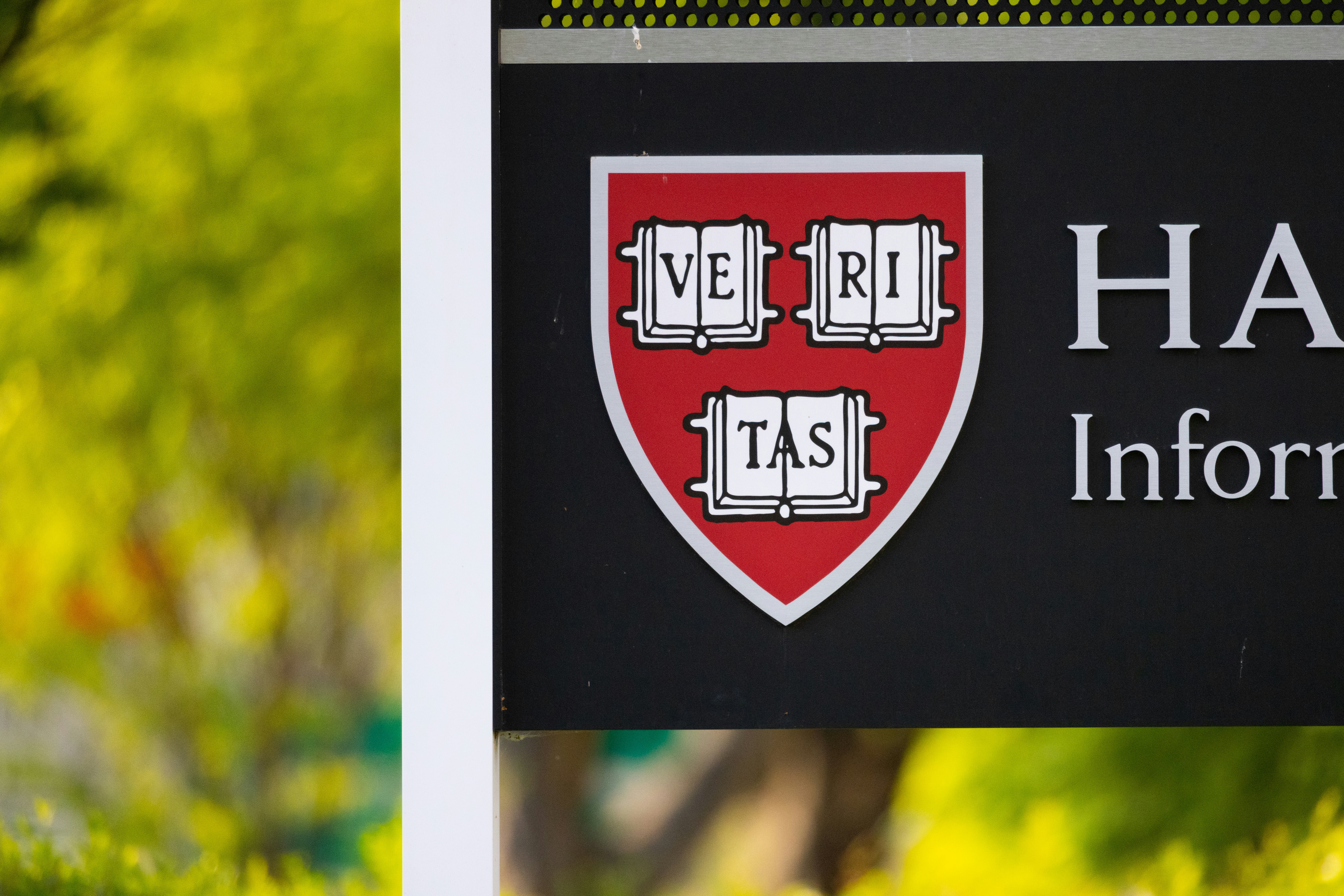
Last week, the Trump administration announced that Harvard University is no longer permitted to enrol international students. The government revoked Harvard’s certification under the Student and Exchange Visitor Program (SEVP), effectively barring the enrolment of new international students for the 2025 academic year.
Approximately 6,800 current international students (nearly 27% of Harvard’s student population) were also advised they may need to transfer or risk losing their visa status.
The announcement has raised serious concerns across the global academic community, including among current and prospective international students.
The Government’s Rationale
The Department of Homeland Security (DHS) claims Harvard failed to meet federal reporting obligations. Officials accused the university of withholding information regarding protest activities involving international students, and cited national security risks.
The administration made several serious allegations, including that Harvard has links to the Chinese Communist Party and facilitated training for a Chinese paramilitary group. These claims have not been independently substantiated.
Secretary of Homeland Security Kristi Noem framed the decision as a matter of national interest. She asserted that enrolment of international students is a privilege rather than a right, and accused Harvard of prioritising financial gain over legal compliance.
Harvard’s Response
Harvard has categorically rejected the allegations. President Alan Garber labelled the government’s actions as unlawful and detrimental, particularly to the international student community.
In response, the university filed a lawsuit and secured a temporary injunction blocking the enforcement of the policy. A federal judge in Boston noted that the ban could cause immediate and significant harm, and allowed current international students to remain enrolled for the time being.
The court also observed that removing international students would effectively eliminate a quarter of Harvard’s student body. Legal proceedings are ongoing.
Implications for International Students
At present, the policy applies exclusively to Harvard. No other universities have had their SEVP certification revoked. However, the situation has introduced uncertainty for prospective international applicants.
For the thousands of international students that are currently enrolled at Harvard, many are now facing challenges related to graduation timelines, internship eligibility, and future visa status.
Guidance for Students and Families
1. Broaden your university shortlist. Apply to a range of US universities and consider options in other countries such as the UK.
2. Monitor official updates. Follow announcements from Harvard, the US Embassy in Canberra, and EducationUSA. School counsellors can also assist with interpreting developments.
3. Establish a contingency plan. Even if Harvard is your top choice, prepare alternative options in case the issue remains unresolved.
4. Remain attentive and composed. Legal experts anticipate that the case may take several months to resolve. Further announcements or policy shifts are possible.
Final Thoughts
While the Trump administration’s policy targeting Harvard is significant, it is also subject to legal review. The courts are engaged, and Harvard is actively contesting the decision.
Despite the current uncertainty, many education experts believe that legal protections and institutional autonomy will ultimately prevail. The outcome of Harvard’s legal challenge will likely set a precedent.
For international students, the most practical approach is to remain informed, adaptable, and committed to the admissions process. US universities continue to value international students, and most remain unaffected.
Do not let this development derail your goals. Maintain strong preparation and consider a range of competitive institutions.
Need Support?
If you are uncertain how this may affect your application plans, book a free consultation with Ed Carpet. Our team can guide you through your options and support your journey to a top global university.
Related Posts
Why Don’t More Australians Study Overseas?
Studying at a top university in the US or UK can open doors to incredible opportunities. Yet, despite the prestige, career benefits, and life-changing experiences that come with studying abroad, relatively few Australian students take this path. In fact, we estimate that approximately 0.25% of Australian high school graduates choose to study their undergraduate degree […]
Read MoreWhy Start Your University Prep in Year 9?
Applying to universities in the US and UK isn’t quite the same as putting together your university preferences in Australia. While Australian university admissions primarily focus on your ATAR, overseas applications require a more comprehensive approach that showcases years of achievement, involvement and personal growth. That’s why starting your preparation as early as Year 9 […]
Read MoreWhat Are the 8 Ivy League Universities?
For many students dreaming of studying in the United States, the term “Ivy League” represents the pinnacle of academic excellence. But what exactly are the Ivy League universities, and what makes each one unique? Let’s explore these prestigious institutions. First, it’s worth noting that the term “Ivy League” originally referred to an athletic conference of […]
Read More



